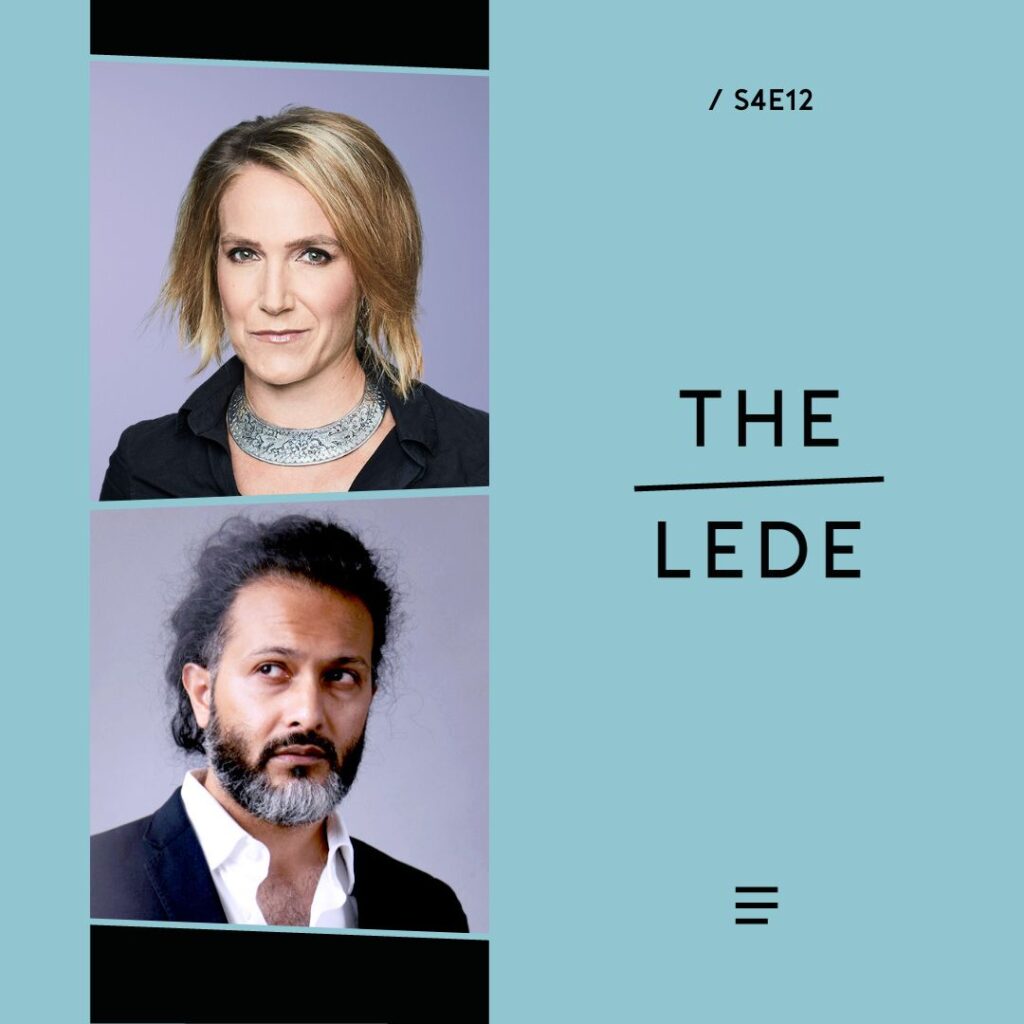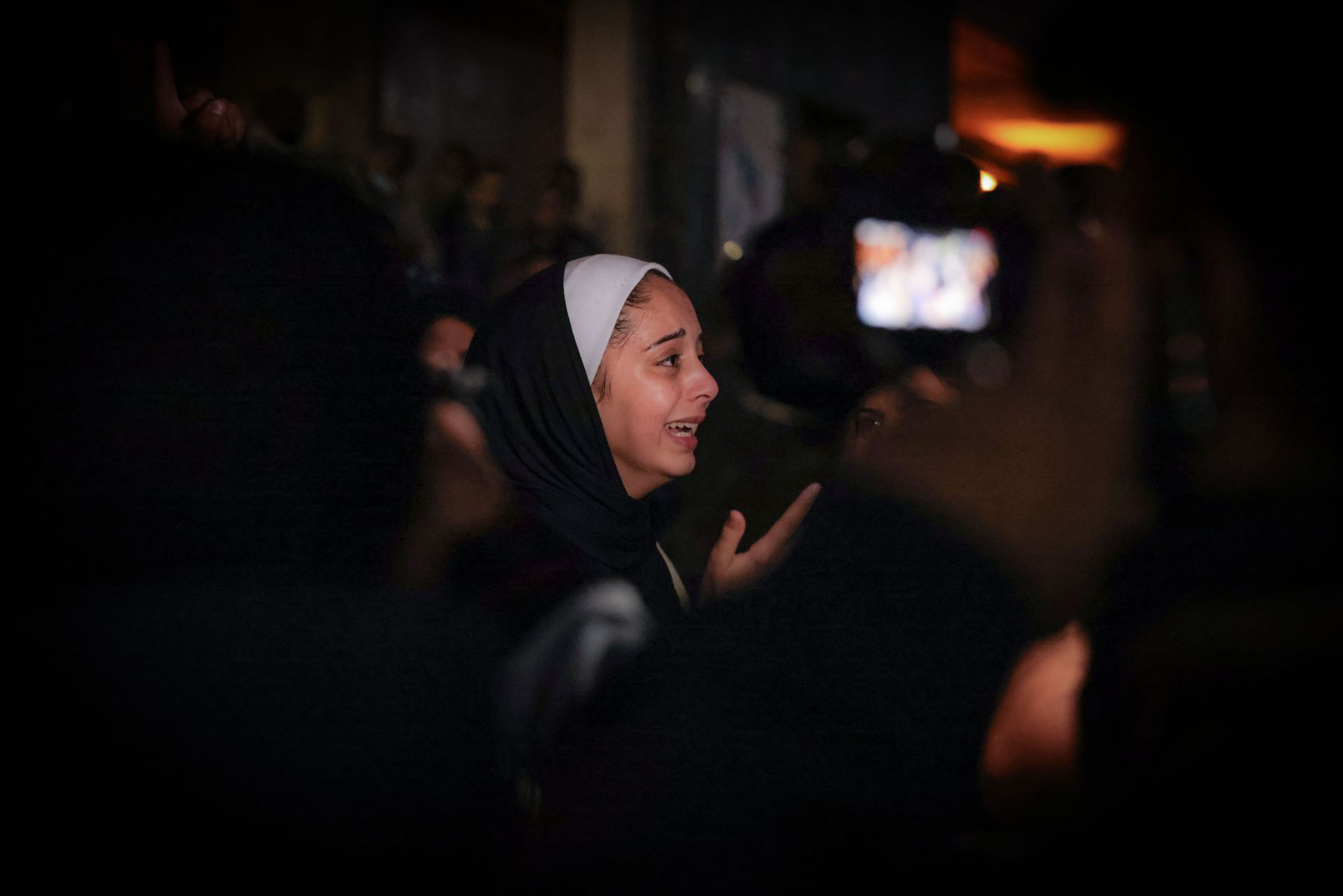“In my 20 years of covering war, I came to this realization that at the core of almost every single decision that is made — whether it’s by an individual or by a government or by a soldier — is emotion,” says veteran international correspondent Arwa Damon. And in a conflict as steeped in trauma as the current war in Gaza, she tells New Lines magazine’s Faisal Al Yafai, the intensity of emotion clouds judgements, hardens attitudes and distorts decision-making, with devastating consequences.
“Fear is one of the biggest drivers that allows the military machine and the politicians behind it to justify what their military machine is doing,” she says.
But emotions aren’t only running high within Israel and Palestine. The Hamas attacks and subsequent invasion of Gaza have divided global opinion like no other conflict in recent memory. With both parties reliant on international political support, the battle for hearts and minds will be one of the most decisive fronts in the war. “This is in so many ways not just a physical war,” says Damon. “This is a war of disinformation, misinformation, manipulation, the scale of which has surpassed post-9/11, and I never thought I would see that.”

“We also need to be fully cognizant — we are getting played by every single side at all times.”
In previous conflicts where disinformation has played such a major role, the finger usually points straight to social media. But for all the antisemitism, Islamophobia and genocidal rhetoric metastasizing online, Damon adds that the picture this time around is more nuanced. “Social media is allowing a Western audience to see and feel the Palestinian narrative in ways that are not controlled by the Western media. Before social media, the press was really the only window into the Palestinian narrative that a Western audience had.”
Rather than blaming TikTok or X (formerly Twitter), Damon suggests that the press might want to start by looking inwards. “The Western media doesn’t question what Western officials say strongly enough,” she says. “And I think that really makes it that much more painful, especially for the Palestinian population. They know that their death is being broadcast. And that, in theory, it could be stopped.”
But even amid the doubt created by the unprecedented barrage of distortion coming from every angle, Damon still thinks that journalists need not keep fumbling around in the dark.
“You bring it back to something undeniable,” she says. “You boil it down to what’s in front of you. And that is what you then focus the story on. Because we also need to be fully cognizant — we are getting played by every single side at all times.”
Produced by Joshua Martin


